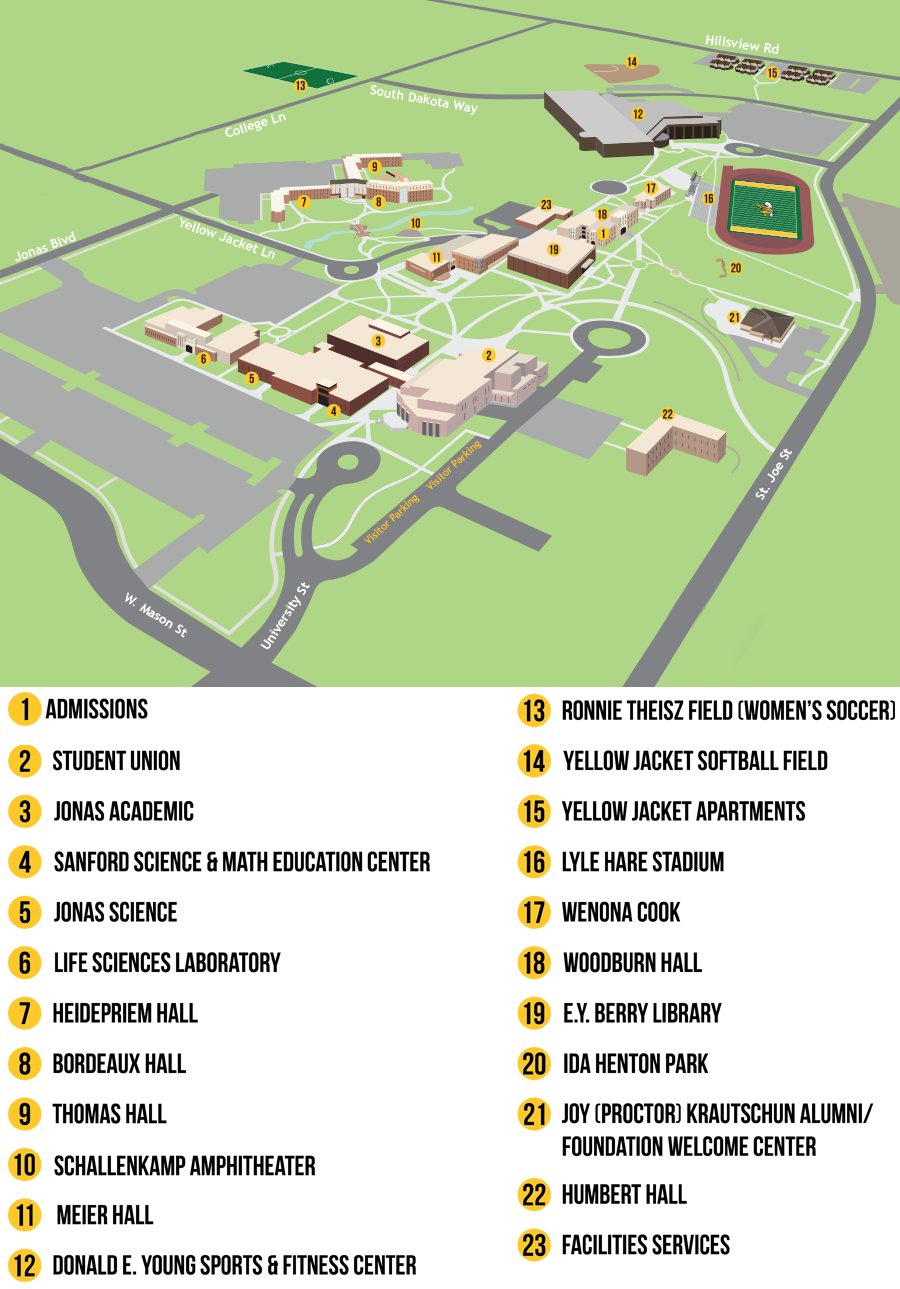MINOR IN PHILOSOPHY
Philosophy is the critical exploration of complex questions relevant to the human condition. Since no topic is off-limits from the insight offered by philosophical inquiry, students trained in the art of rational argument are better prepared to tackle difficult and controversial issues that we encounter in private and public spheres alike.
The benefits of studying philosophy are many. Philosophy teaches the habit of thinking and communicating through reasoned argument. This is a transferable skill: it is valued by employers, and, more importantly, the cornerstone for living a fulfilling life.
The philosophy minor at BHSU offers small class sizes, faculty affiliated with a range of intellectual backgrounds, and course topics relevant to students’ experiences.
Philosophy can apply to a range of vocations. Well known students of philosophy include: George Carlin and Steven Martin (comedy), George Soros and Carly Fiorina (business), Phil Jackson and John Elway (sports), Pearl Buck and T.S. Eliot (literature), Bill Clinton and Hon. Stephen Breyer (politics and law), and Martin Luther King, Jr., and Elie Wiesel (social activism).



